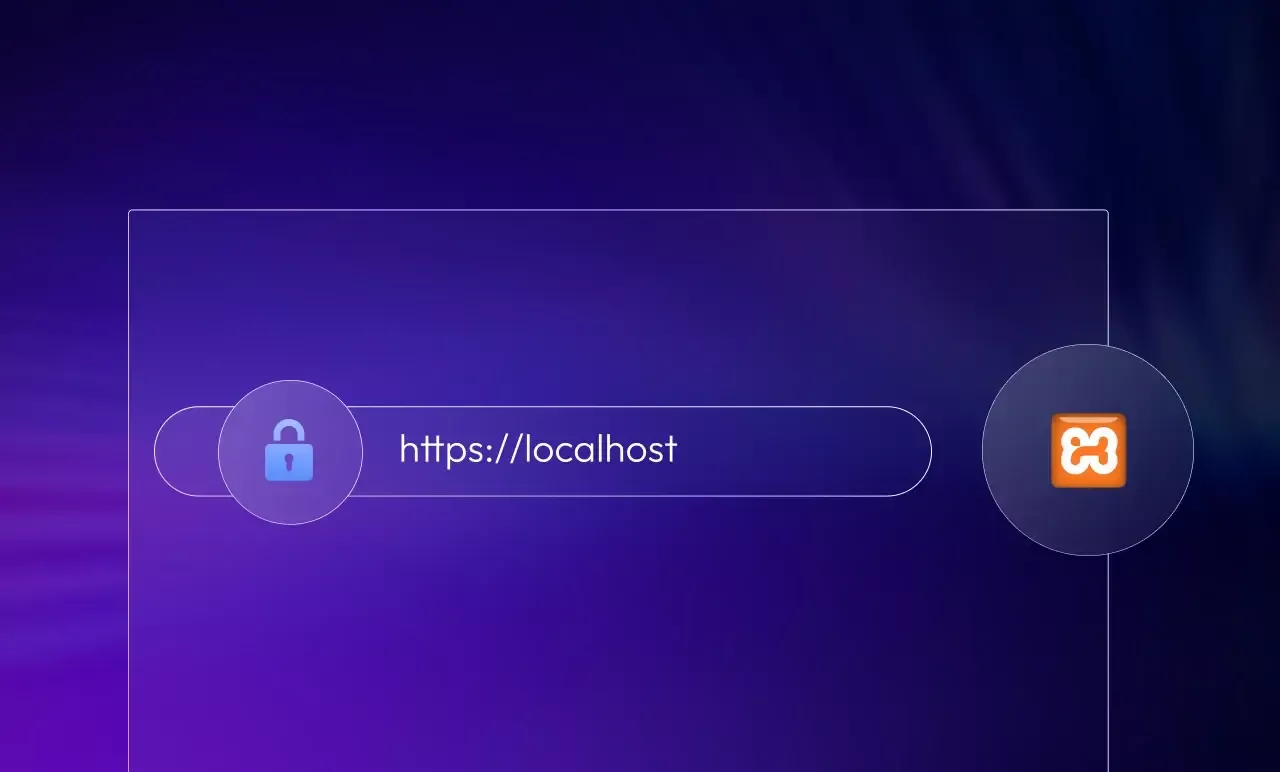The Power of Data Visualization Using Tableau
Static vs dynamic website? Pros and cons, detailed Comparisons
A website is a backbone and one of the primary pillars of any online business. When you are choosing a website for your business, make sure it is robust and scalable to reconstruct and grow your business. Though there are certain parameters to categorize a website, it can be mainly classified based on the functions they perform and the nature of development: A dynamic site and a static website.
What is a static website?
A static website is developed in CSS and HTML languages. It comprises a series of coded files that are created to represent different physical pages on the site. These websites are easy and quick to develop. A static website looks much like an online brochure with forms and hyperlinks which enable its potential customers to view different pages on the screen. The pages on a static website once created will remain static and cannot be updated without coding skills. That is, if the business owner wants to update certain information on the static website, he must hire a versed developer to perform the needful.
What Is a Dynamic Website?
On the other hand, a dynamic website is developed using certain advanced server technologies like PHP, JavaScript, or ASP to build more dynamic web pages that are interactive in nature and dynamic according to time, geography, and user type. We can connect dynamic websites to a large database to pull information. This helps in creating a more user-driven page consisting of informative content that changes as the user wants according to the user’s commands.
Pros and cons of a static website
Pros
Time-saving
One of the greatest advantages of a static website is its quick development time. It is faster to develop a static website than a dynamic one.
Cost-Effective
Unlike a dynamic website, a static website is quite cheap to develop. So startups can certainly find this option better on a shoestring budget. For static websites, you can get dedicated servers at a cheaper price.
Easy Indexing
Search engines including Google can easily index it as it is just a series of coded HTML or CSS files.
Fast Transferring
As a Static website does not boast of complex structures like the dynamic one, it can easily be transferred from server to client without lengthy processing time.
Cons
Limited Functionality
A static website does not offer the truckload of functionalities that a dynamic website can. Besides adding images, text, videos, and hyperlinks to the content, a static website cannot perform any other specific functions.
Difficulty in changing and updating information
It is time-taking and complicated to change and update the content on a static website. A technical expert will be required to complete the task as all HTML files need to be changed individually even to make the slightest changes to the web pages.
No Apt for the long run
Any online business needs to make a number of changes and updates to be in sync with the latest information. On a static website, one needs to change each file again and again in order to make those changes live.

Pros and Cons of a Dynamic Website
Pros
Easy to Update
The primary advantage of a dynamic website is its easy-updating feature enabling quick updates according to the requirements of the business owner. Unlike the Static website, analytical research is not needed to change the dynamic website.
Interactive
Dynamic websites are interactive and respond instantly to the users and change according to their behavior.
Quick Responsiveness
In contrast to the static website, a dynamic website is preferred by the users for its responsiveness. It can be quickly updated to various screen sizes which were impossible with a static one.
Sleek Navigation
A dynamic website offers sleek navigation and lets the user move around and transition from one page to the other without any problem.
Cons
Expensive
Compared to the static websites, dynamic websites cost more for both hosting and development. However, it does not cost additional charges for any updates or changes.
Slow Processing
As a dynamic website is suitable to perform different functions with complex technology, this results in it becoming slower to load and process.
Conclusion
The resourcefulness and the utility of both the static and dynamic websites depend on specific purposes and needs. Where startups might prefer the ease and simplicity of a static website, many business owners might go with the rich functionality and intuitiveness of dynamic websites. Though dynamic website costs are high, it is a better approach to website development. It would be a one-time investment and would be beneficial to scale any online business.
Email us or Talk to us at +91-98367-81929 or Simply Contact Us through the website.
Let's Connect












